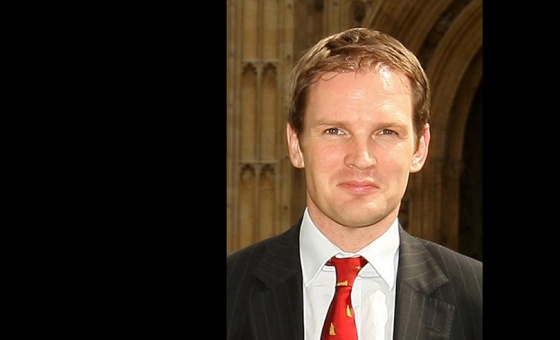This is the last article you can read this month
You can read more article this month
You can read more articles this month
Sorry your limit is up for this month
Reset on:
Please help support the Morning Star by subscribing here
DEVOLVED nations should be able to launch their own furlough schemes if required, researchers argued today.
The recommendation came in a report written by experts from the Institute for Fiscal Studies, the Fraser of Allander Institute at Strathclyde University, and the University of Stirling Management School, as they called for broader reform of funding arrangements for devolved governments.
Their report argues that Scotland and Wales should either be given minimum funding guarantees by Westminster or enhanced borrowing powers if stringent health measures and additional economic support are needed.
The Scottish government welcomed the recommendations, while the Tory government claimed that it continues to work closely with devolved administrations.
Report co-author David Bell, professor of economics at the University of Stirling, said: “Effective communication and co-ordination between the UK and devolved governments is vital for effective policy-making, given the interactions between funding and policy decisions taken by these two levels of government.
“There were improvements during the early stages of the Covid-19 pandemic, but stakeholders have told us these have not been sustained.”
Prof Bell, along with fellow co-authors David Phillips and David Eiser, said that the rise of Covid-19’s omicron variant and other future outbreaks would affect some parts of Britain more than others.
Their report says that HM Revenue & Customs should therefore examine the feasibility of making the furlough and self-employment income support schemes available on a geographical basis.
Devolved governments could be given the option of paying for furlough and income support schemes to be reinstated if they wish to significantly tighten public health restrictions, it says.
Thresholds for hospitalisation, for example, could also be agreed, with the British government paying for the schemes when such thresholds are surpassed.
The report also examines the case for a number of permanent reforms to funding arrangements, which it says would make them more robust in the future.
It argues that while minimum funding guarantees are useful in times of extreme crisis, they are not appropriate in more normal times.
An alternative of automatically allowing the devolved governments to defer the impact of lower-than-expected funding to later years would be of significant benefit, it says.
It also argues that the Scottish government’s usual annual borrowing limit to address tax and welfare forecast errors should be doubled to £600 million as a starting point.










